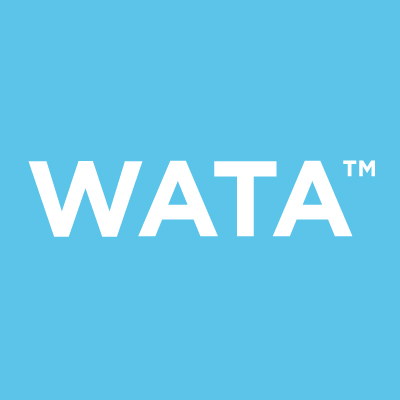

Watalux

Canton of Geneva, Switzerland
February 2020
Machinery & equipment
Wholesale/Retail
Switzerland
Watalux is a social enterprise based in Switzerland. Its mission is to provide solutions to reduce poverty and improve the health of the most vulnerable communities. The WATA is a stand-alone device for disinfection and water treatment. With only salt, water and energy, it can produce chlorine in isolated areas. The main uses of this technology are the chlorination of water networks, the treatment of water in times of humanitarian crises and hospital hygiene. FR: Watalux est une entreprise sociale basée en Suisse. Sa mission est d'apporter des solutions pour réduire la pauvreté et améliorer la santé des communautés les plus vulnérables. Le WATA est un appareil autonome pour la désinfection et le traitement de l'eau. Avec seulement du sel, de l'eau et de l'énergie, il permet de produire du chlore dans des zones isolées. Les principales utilisations de cette technologie sont la chloration de réseaux d'eau, le traitement de l'eau en temps de crises humanitaires et l'hygiène hospitalière.
Overall B Impact Score
Governance 15.3
Governance evaluates a company's overall mission, engagement around its social/environmental impact, ethics, and transparency. This section also evaluates the ability of a company to protect their mission and formally consider stakeholders in decision making through their corporate structure (e.g. benefit corporation) or corporate governing documents.
What is this? A company with an Impact Business Model is intentionally designed to create a specific positive outcome for one of its stakeholders - such as workers, community, environment, or customers.
Workers 11.8
Workers evaluates a company’s contributions to its employees’ financial security, health & safety, wellness, career development, and engagement & satisfaction. In addition, this section recognizes business models designed to benefit workers, such as companies that are at least 40% owned by non-executive employees and those that have workforce development programs to support individuals with barriers to employment.
Community 9.3
Community evaluates a company’s engagement with and impact on the communities in which it operates, hires from, and sources from. Topics include diversity, equity & inclusion, economic impact, civic engagement, charitable giving, and supply chain management. In addition, this section recognizes business models that are designed to address specific community-oriented problems, such as poverty alleviation through fair trade sourcing or distribution via microenterprises, producer cooperative models, locally focused economic development, and formal charitable giving commitments.
Environment 11.4
Environment evaluates a company’s overall environmental management practices as well as its impact on the air, climate, water, land, and biodiversity. This includes the direct impact of a company’s operations and, when applicable its supply chain and distribution channels. This section also recognizes companies with environmentally innovative production processes and those that sell products or services that have a positive environmental impact. Some examples might include products and services that create renewable energy, reduce consumption or waste, conserve land or wildlife, provide less toxic alternatives to the market, or educate people about environmental problems.
Customers 61.8
Customers evaluates a company’s stewardship of its customers through the quality of its products and services, ethical marketing, data privacy and security, and feedback channels. In addition, this section recognizes products or services that are designed to address a particular social problem for or through its customers, such as health or educational products, arts & media products, serving underserved customers/clients, and services that improve the social impact of other businesses or organizations.
What is this? A company with an Impact Business Model is intentionally designed to create a specific positive outcome for one of its stakeholders - such as workers, community, environment, or customers.